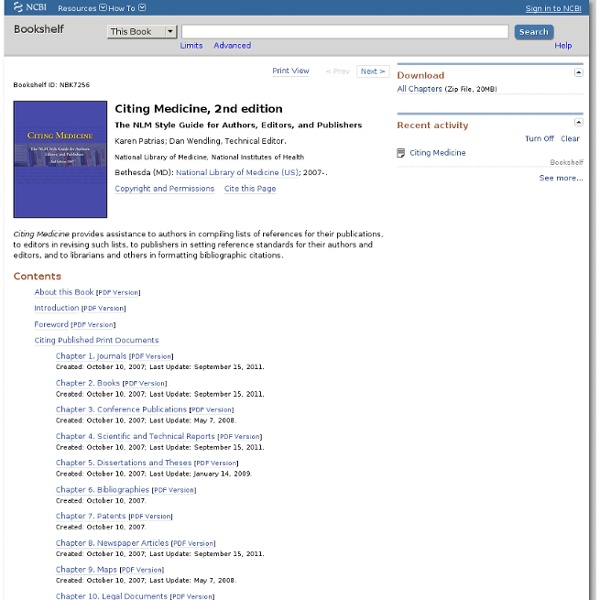



When was the last time you asked how your published research was doing? As citation counts, h-indexes, and impact become increasingly important to matters of funding and promotion, Melissa Terras asks why more scholars are not chasing up publishers to find out how their work is faring among the online audience, and makes some pleasing discoveries on how her own research has been received. A month or so ago, I posted about whether blogging and tweeting about academic research papers was “worth it”. Whilst writing up my thoughts, the one thing that I found really problematic was the following: “I also know nothing about how many times my other papers are downloaded from the websites of published journals, or consulted in print in the Library. The latter, no-one can really say about – but the former? That’s true enough, I thought. So, Reader, I asked for some facts and figures, regarding the circulation of journals, and the download statistics of my papers. “A reasonable request and we would gladly assist you. If you are still reading, then thanks.
GoPubMed® BioMed Central | BioMed Central author academy Welcome to the BioMed Central author academy, a guide from BioMed Central and Edanz on writing and publishing a scientific manuscript. You can use the links to the left or below to find advice on specific topics. Why publish in English? Because English is the language scientists in different countries use to communicate with each other, publishing in English allows you to reach the broadest possible audience. This will help you achieve the goal that led you to publish in the first place: To add to our understanding of the world by informing other scientists about your research. Of course, if English is not your first language, having to use it may add to the challenges of writing and publishing. Why is good writing important? Good writing is writing that clearly communicates your research. Science is complex, but the writing used to describe it need not be. High-quality, simple writing: What do journal Editors want? Journal Editors evaluate submissions and consider peer reviewers' advice.
forma sencilla y rápida de crear caricaturas - Toondoo On Being a Scientist: A Guide to Responsible Conduct in Research: Third Edition The scientific research enterprise is built on a foundation of trust. Scientists trust that the results reported by others are valid. Society trusts that the results of research reflect an honest attempt by scientists to describe the world accurately and without bias. But this trust will endure only if the scientific community devotes itself to exemplifying and transmitting the values associated with ethical scientific conduct. On Being a Scientist was designed to supplement the informal lessons in ethics provided by research supervisors and mentors. This third edition of On Being a Scientist reflects developments since the publication of the original edition in 1989 and a second edition in 1995. On Being a Scientist is aimed primarily at graduate students and beginning researchers, but its lessons apply to all scientists at all stages of their scientific careers.
Arrant Pedantry » Blog Archive » It’s Not Wrong, but You Still Shouldn’t Do It On the face of it, this seems like a pretty reasonable approach. Sometimes the considerations of the reader have to take precedence over the facts of usage. If the majority of your readers will object to your word choice, then it may be wise to pick a different word. But there’s a different way to look at this, which is that the misinformed opinions of a very small but very vocal subset of readers take precedence over the facts and the opinions of others. Arnold Zwicky wrote about this phenomenon a few years ago in a Language Log post titled “Crazies win”. Addressing split infinitives and the equivocal advice to avoid them unless it’s better not to, Zwicky says that “in practice, [split infinitive as last resort] is scarcely an improvement over [no split infinitives] and in fact works to preserve the belief that split infinitives are tainted in some way.” And furthermore, I’m not sure it’s a worthwhile endeavor to try to avoid offending or annoying anyone in your writing. Like this:
The 5 Species of Journal Reviewers - Do Your Job Better By Robert A. Giacalone The journal-review process is always the subject of some scorn among scholars. One friend, an editor at a top business-school journal, admitted to me (albeit after three beers and a rather nice-size margarita) that the review system was broken. There are myriad reasons for the breakdown, all of which might spark curiosity and intellectual energy. I now expect one of five reviewers to emerge in most articles I send out for review, and the truth is that I am rarely disappointed. The expert in everything. My reviewer was a management scholar, and why she would comment on (and require me to change) something that is the purview of a copy editor and not in her area of expertise, eludes me. The insecure expert. Occasionally, there is something relevant in the list of citations. Our response, however, is always the same. The expert who should have written your paper. The expert who reveals his ignorance. Each time that happens, you treat it like a spiritual experience.